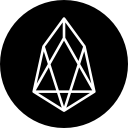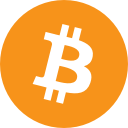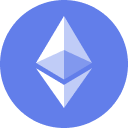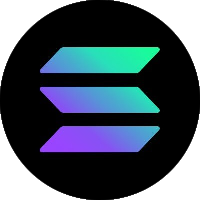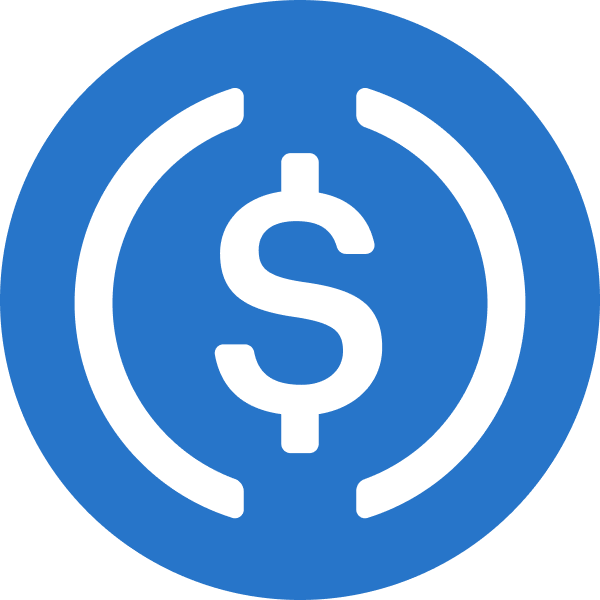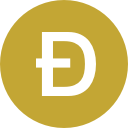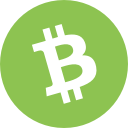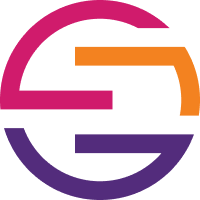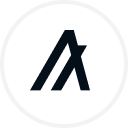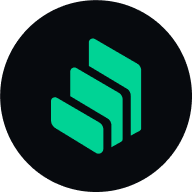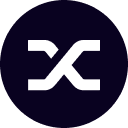
PlayDapp
PLA
PlayDapp no está disponible para operar en Coinbase Exchange, pero se admite en Coinbase Wallet

Comprar PlayDapp con Coinbase Wallet
PlayDapp se puede intercambiar con Coinbase Wallet, tu llave para el mundo de las criptomonedas.
PlayDapp solo está disponible a través de Coinbase Wallet. Coinbase no conserva los activos en Coinbase Wallet. El uso de Coinbase Wallet está sujeto a estos términos.
Acerca de PlayDapp
Obtén hasta $200 por empezar
Gana criptomonedas gratis tras hacer tu primera compra. Se aplican términos.

Suma de la mediana de ahorros estimados y recompensas ganadas por usuario en el 2021 en los distintos programas de Coinbase (excluyendo sorteos). Esta cantidad incluye exenciones de tarifas de Coinbase One (sin incluir costos de suscripción), recompensas de Coinbase Card y recompensas de participación.
Mercado
Noticias sobre PlayDapp
Activos relacionados
Calculadora de PlayDapp
Coinbase Bytes
El precio de PlayDapp está en alza esta semana.
El precio de PlayDapp ha increased por 0,74 % en la última hora y decreased por 13,16 % en las últimas 24 horas. El precio de PlayDapp también ha risen en 2,99 % en la última semana. El precio actual es 0,0817 US$ por PLA con un volumen de operación de 12,75 MUS$ en 24 horas. Actualmente, PlayDapp está valorado 98,33 % por debajo de su máximo histórico de 4,90 US$. Este máximo histórico fue el precio más alto pagado por PlayDapp desde su lanzamiento.
El suministro circulante actual de PlayDapp es 569.184.158,78 PLA, lo que significa que PlayDapp tiene una capitalización de mercado total de 569.184.158,78.
Preguntas frecuentes
Descubre los perfiles de ENS
Navega por el mundo de los perfiles de Ethereum Name Service (ENS). Conéctate, aprende e interactúa con la comunidad web 3 en profile.coinbase.com. Echa un vistazo a algunos de los perfiles de ENS más populares a continuación.
Parte del contenido de las noticias fue preparado por terceros que no están afiliados a Coinbase Inc. o ninguno de sus asociados. Coinbase no se responsabiliza por dicho contenido. Coinbase no es responsable por errores o demoras en el contenido, o por las acciones tomadas en virtud del contenido. La información se ofrece solo a título informativo y no se considera un asesoramiento de inversión. Esta no es una recomendación para comprar o vender un activo específico ni para implementar una estrategia de inversión determinada. Coinbase no hace ninguna representación sobre la precisión, la idoneidad o la validez de la información proporcionada o de un activo específico. Los precios que se muestran son solo a título informativo. Los precios reales de las criptomonedas y las estadísticas asociadas con ellas pueden variar. Los datos presentados pueden reflejar los activos que se comercializan en la casa de cambio Coinbase y en casas de cambio de criptomonedas seleccionadas.







